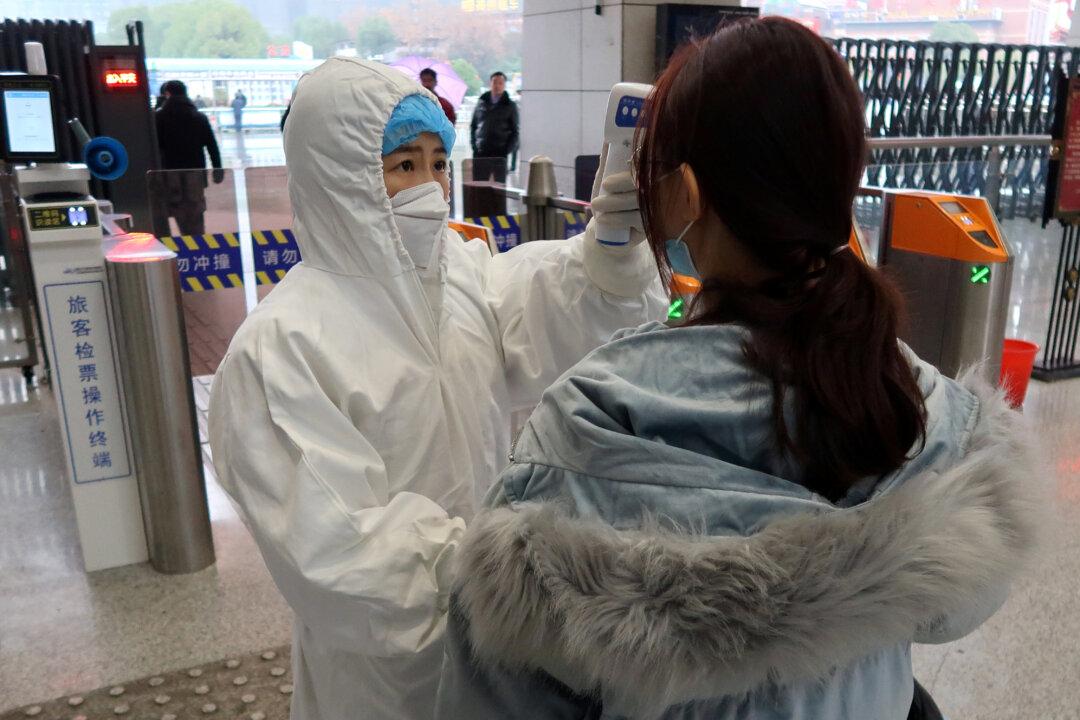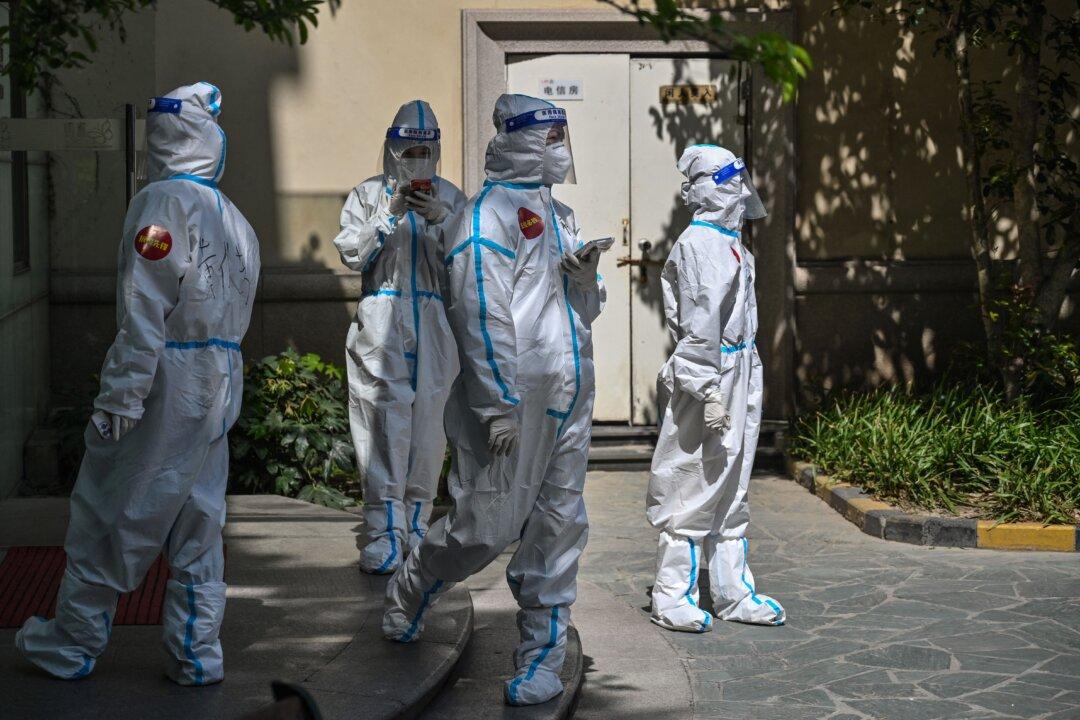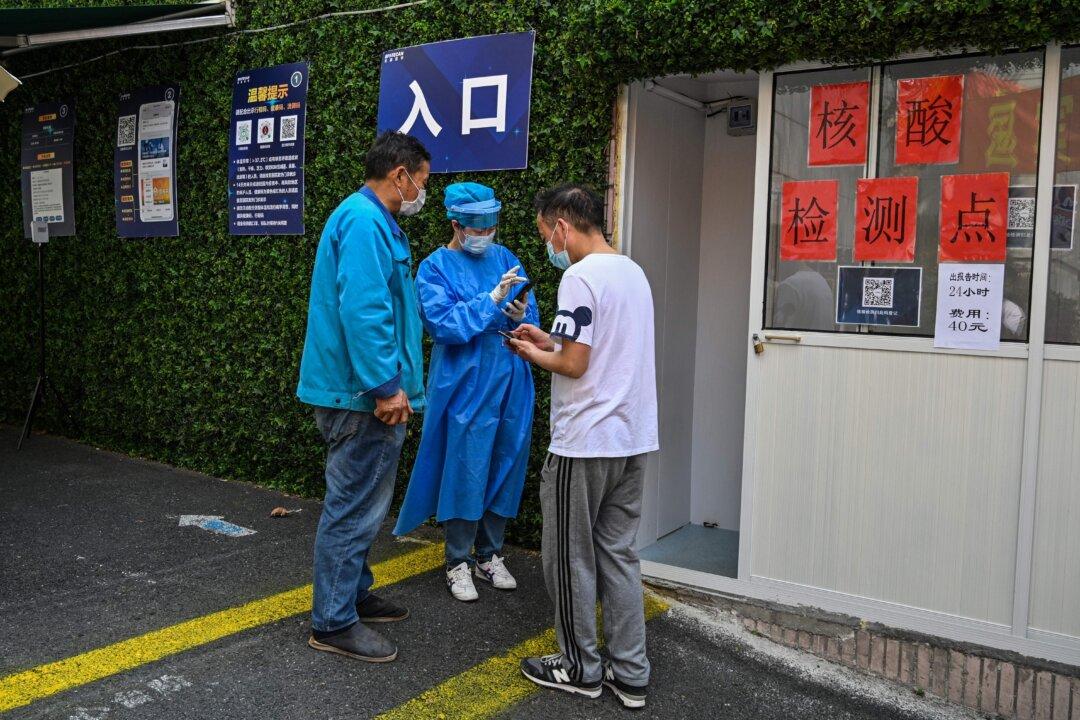Since the outbreak of the CCP virus, which caused the COVID-19 pandemic, China will ring in its third Chinese New Year on Feb. 1, 2022. However, at least 31 epidemic prevention centers in China’s provinces and municipalities have issued their policy: People should stay where they are for the Chinese New Year.
The Chinese New Year is the most celebrated holiday of family gatherings, but China’s strict zero COVID-19 policy is challenging the tolerance level of the population.




